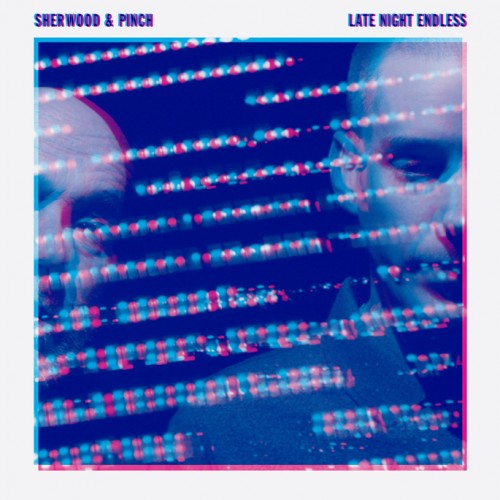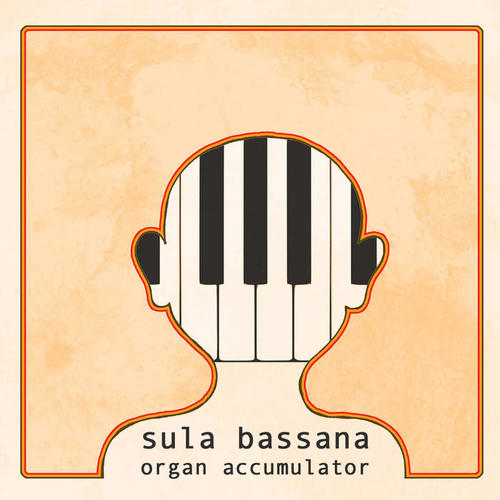 Following up a breakout film is obviously a difficult position, a constant questioning of whether to continue doing what made you a success in the first place, or to experiment, to use the newfound resources that success affords to embrace grander visions. It’s a position that director Junta Yamaguchi and screenwriter Makoto Ueda find themselves in, and one in which they succeed and fail in equal measure.
Following up a breakout film is obviously a difficult position, a constant questioning of whether to continue doing what made you a success in the first place, or to experiment, to use the newfound resources that success affords to embrace grander visions. It’s a position that director Junta Yamaguchi and screenwriter Makoto Ueda find themselves in, and one in which they succeed and fail in equal measure.
The pair emerged in 2020 with the sleeper hit Beyond The Infinite Two Minutes, a spry micro-budget one-shot about a struggling actor, and his friends, whose TV begins to show two minutes into his future. It was amateurish but absolutely swollen with ideas, invention and charm, and proved to be a spectacular breakout success, growing from an initial one-off performance to twelve people to being a festival hit across the globe. It turned out to be one of the biggest low-budget breakouts in years, well, since One Cut Of The Dead, the ever-present forebear and benchmark for these kinds of tiny-budget success stories in Japan.
They have followed the film up with River, coming now to bluray and DVD, a film that both plays it relatively safe but ups the scale significantly. We’re still in the realm of high-concept time-bending farce, the cast is still largely comprised of the theatre troupe Europe Kikaku, but this time said cast is larger, there’s more balls to juggle, and occasionally the sense that they may be tumbling down around Yamaguchi and Ueda.
It’s a really strong idea. Yamaguchi handles the conceit of every loop being a single shot with skill and Ueda does well with the developing madness as characters fall in and out of the story, momentum never stumbling, the film’s conceit working as a constant kick up the arse to keep it moving. He manages to corral various circling side-stories into something that’s near enough coherent, and the bits that don’t make sense are dealt with at a pace that means they’re quickly out of sight and out of mind. A lot of this credit should fall to the actors who have to do deliver a good deal of truly unrepentant exposition, but manage to carry it off with a charmingly self-aware wink.
Unfortunately it never quite sticks the landing; there are a lot of niggles around its edges that never let it settle into being anything stronger. There’s a spectacularly irritating cutesie score that pops in and out if anyone has the temerity to stop talking. It reeks of panic that any un-filled second will be dull, that the audience will just get distracted, which is a particularly bizarre fear for a film that is already as breakneck as it is. This hurtling pace, that works so well throughout the film also means that the finale kind of waddles along out of nowhere, feeling less like a twist than an afterthought, coddling together unearned emotion from its ultimately hokey romantic subplot.River is ultimately a more likeable film than it is a successful one, one that takes a strong premise and acquits itself well enough, but never quite turns it into the great film that is in there somewhere. It’s another inventive outing from the duo, one that suggests they can handle broader visions beyond their micro-budget debut, and while River isn’t quite the one that nails it, their efforts are never less than fun.
-Joe Creely-



